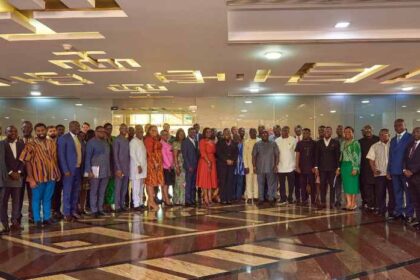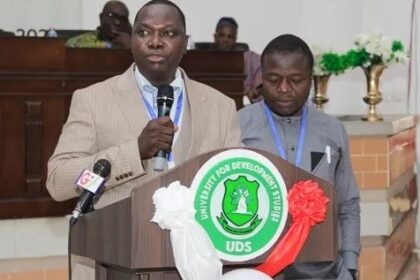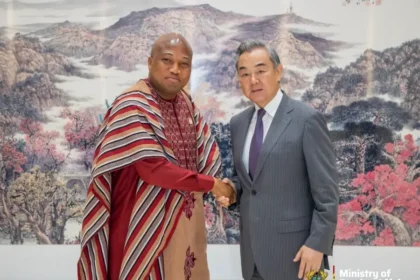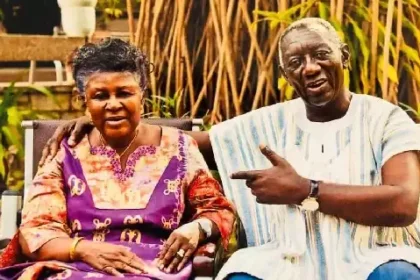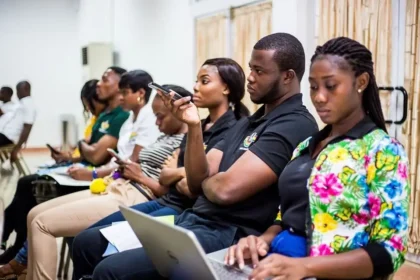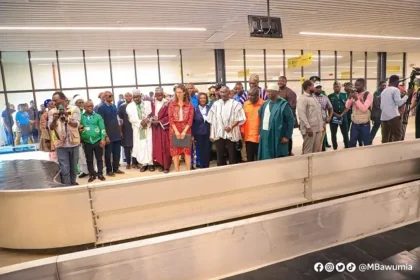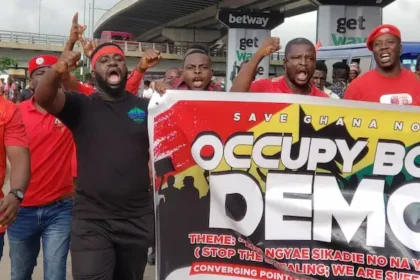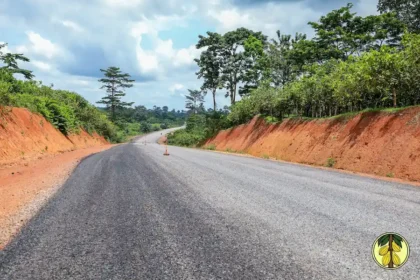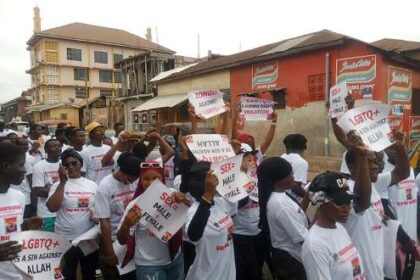News
TimesGhana has the latest news updates in Ghana and the world. Verified and trusted news source, breaking it as and when it happens.
NPP’s Justin Frimpong Kodua Challenges Mahama to Fulfill Health Trainee Posting Promise
Kwabena Frimpong, the Deputy Protocol Director of the New Patriotic Party (NPP), has begged former President John Dramani Mahama to keep his campaign promise to make sure that trained health…



